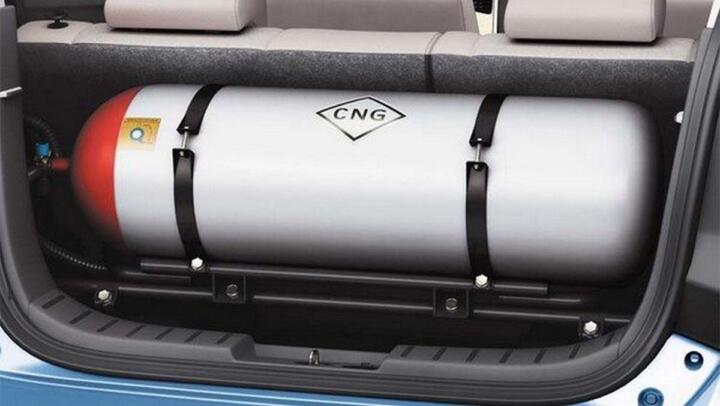The Federal Government has made significant strides in its efforts to introduce Compressed Natural Gas (CNG) buses, aiming to reduce the cost of CNG to N230 per kilogram. This development was announced by Toyin Subaru, the Special Assistant to the President on Special Duties and Domestic Affairs, during a stakeholder meeting held at the Bank of Industry headquarters in Abuja.
The move is part of the government’s plan to deploy 11,500 CNG-powered buses across the country to address transportation challenges resulting from the removal of fuel subsidies.
Subaru emphasized that the introduction of CNG-powered mass transit buses would not only save Nigerians two-thirds of their transportation expenses but also promote the use of CNG as a viable alternative to traditional petrol. He highlighted the advantage of utilizing domestically sourced CNG instead of importing other fuel sources.

The presidential aide discussed the plan further:
“With this CNG plan, we don’t even have to import what we need to operate our vehicles. It is called CNG, and we have the gas here in Nigeria. The idea is just to take the gas and distribute it across Nigeria via different truck stations. Most vehicles are not CNG-enabled yet, and what we are doing is helping them convert their cars so that you can use petrol and CNG at the same time. We are going to develop an app that will enable you to locate a CNG station. You should be able to purchase gas for your vehicles at N230 per kilogram, as opposed to the cost of petrol, which is N680 per liter. This will help every Nigerian save about two-thirds of their transport cost.”
Subaru went on to share the government’s ambitious goal of having one million CNG-powered vehicles on the roads by 2027.
Another key contributor to the discussion was Michael Oluwagbemi, the Programme Director of the Presidential CNG Initiative, who provided additional insights into the government’s plans. Oluwagbemi stated that the government intends to establish 1,000 conversion workshops across the country, creating more than 50,000 jobs through the initiative.
He explained, “Our goal in the Presidential CNG Initiative, as stated by the President in his October 1st speech, is to make 55,000 conversion kits immediately available to the Nigerian public to kickstart the CNG revolution. The palliative program, as described by the President, will last until March 31, 2024. So, technically speaking, we are expected to roll out 55,000 conversion kits within that time frame. However, we are quite constrained in terms of the number of workshops, and that’s why we are here today. Currently, there are only seven functional workshops in the country. According to our estimates, we need about 1,000 workshops to achieve our goal.”
The government’s efforts to introduce CNG buses and promote CNG usage are aligned with its commitment to enhancing transportation and reducing the cost of commuting for Nigerians. The plan encompasses not only the introduction of CNG-powered vehicles but also the establishment of conversion workshops and the development of an app to facilitate access to CNG stations, making it a comprehensive initiative aimed at transforming the country’s transportation landscape.
Support InfoStride News' Credible Journalism: Only credible journalism can guarantee a fair, accountable and transparent society, including democracy and government. It involves a lot of efforts and money. We need your support. Click here to Donate
